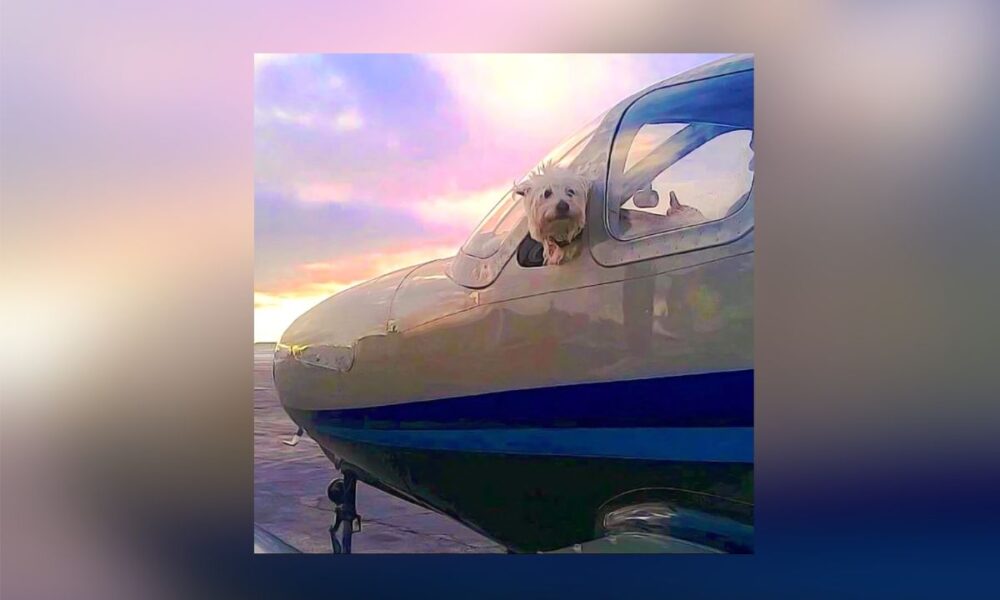Wings of Rescue evacuated 125 pets from flood-ravaged Central Texas shelters on Wednesday, relocating them to Fort Worth and Utah to make room for newly displaced animals.
Another 115 pets were scheduled for relocation on Thursday.
The rescue flights address a critical space shortage as shelters brace for an influx of pets separated from families during the catastrophic flooding. The emergency airlift operation prevents overcrowded shelters from having to euthanize animals already in their care.
“Had Wings not flown in, we would’ve had to euthanize the pets already in our care just to make room for flood victims,” a shelter director in Central Texas explained, per Airways magazine.
The coordinated effort between Wings of Rescue, Austin Pets Alive, and Best Friends Animal Society transported 125 cats and dogs from the hardest-hit regions. During Wednesday’s operation, 50 animals went to Fort Worth, while 75 traveled to Kanab, Utah.
Priority went to sick and injured animals, along with healthy pets ready for family reunification or adoption. The operation focused on clearing kennel space for the most vulnerable flood victims.
“We see a lot of suffering, human and animal suffering, and we’re just grateful to help where we can,” an Austin Pets Alive representative told ABC 13 News. “Right now, we want to help the animals that are sick or injured, or healthy and just alone and ready to be reunited with their families.”
Volunteer pilots transported dozens of dogs and cats from the Texas Hill Country flooding zone to the Humane Society of North Texas in Fort Worth. Some animals continued onward to Utah for long-term care or adoption.
The emotional toll of the disaster wasn’t lost on rescue coordinators, who witnessed families torn apart by floodwaters.
“I cannot imagine holding onto my dog or my [cat] and it being sucked out of my arms with these floods,” said Cassie Davidson of Wings of Rescue, CBS News Texas reported. “It makes me cry.”
Davidson emphasized the mission’s dual purpose of reuniting lost pets with families while creating space for ongoing rescue operations.
“We are pulling shelter pets and opening kennel space so that families can be reunited with their lost and found pets,” she noted.
Animal advocates in North Texas have mobilized transport and fostering efforts to support the relocated pets. The response includes organizing care for animals as they transition to new temporary or permanent homes.
The broader rescue initiative addresses both the immediate physical needs and the future adoption prospects of the relocated animals. Hundreds of shelter pets from flood-affected areas have been transported north as part of the comprehensive rehoming effort.


